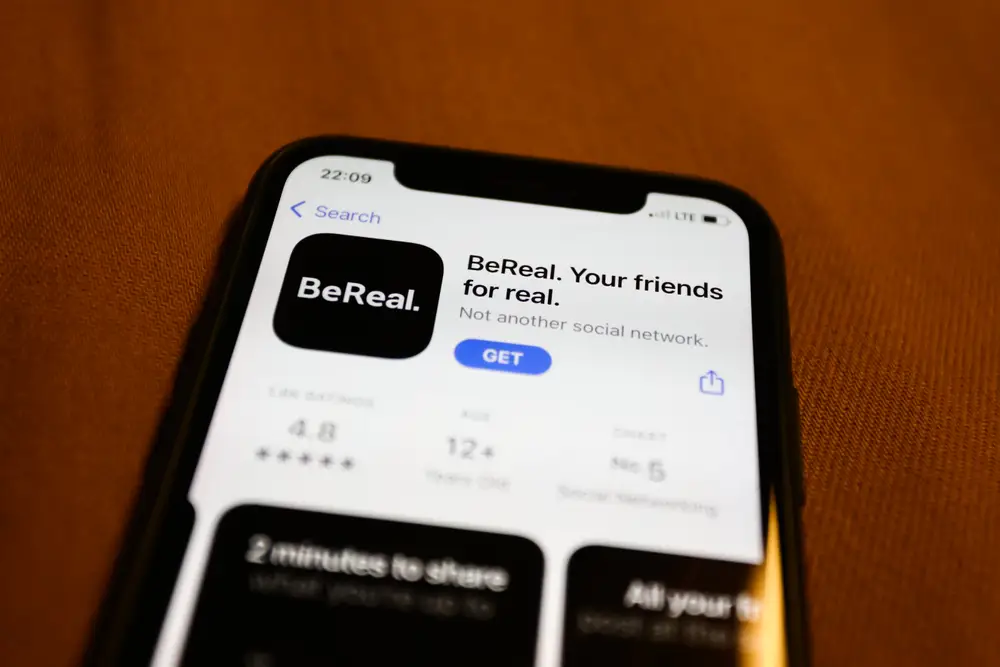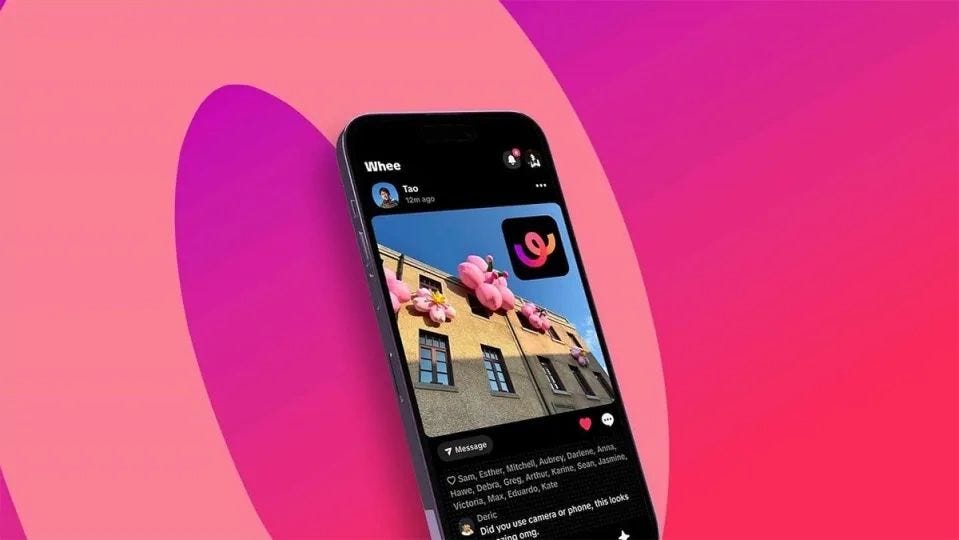CLOSE FRIENDS
Closing Down The Houseparty
Houseparty, a social networking app focused on group video chatting, was launched in 2016 by the co-founders of the live streaming app Meerkat. Meerkat had gained initial popularity for its live video streaming capabilities, but it faced stiff competition from Twitter's Periscope and Facebook Live. Recognizing the need to pivot, Ben Rubin and his team at Life on Air, the company behind Meerkat, decided to shift their focus to creating a more intimate and interactive video chatting experience, leading to the birth of Houseparty.
Houseparty was designed to mimic the spontaneity and casualness of in-person gatherings. The app allowed users to join video calls with friends without needing to schedule a time or send an invitation. Users could see when their friends were online and available to chat, and they could drop into video calls just as they would drop by a friend’s house. This feature set made Houseparty stand out from other video conferencing tools, which were often more formal and less user-friendly for casual social interactions.
The app quickly gained popularity, particularly among younger users who appreciated its informal and playful nature. Houseparty included various features to enhance the social experience, such as in-app games and the ability to leave "facemails" - video messages for friends who were not online. These features helped to create a sense of community and engagement that resonated with its audience.
Houseparty's user base grew steadily, and by mid-2019, the app had millions of active users. The app's popularity surged dramatically during the COVID-19 pandemic in 2020 when people around the world were looking for ways to stay connected while adhering to social distancing measures. Houseparty became a go-to platform for virtual social gatherings, with users hosting game nights, parties, and casual hangouts through the app.
In June 2019, Epic Games, the company behind the hugely successful game Fortnite, acquired Houseparty. The acquisition was part of Epic Games' strategy to expand its social networking capabilities and integrate more interactive features into its gaming ecosystem. Following the acquisition, Houseparty continued to innovate, integrating with Fortnite to allow players to video chat while gaming, further boosting its popularity.
However, despite its initial success and the boom during the pandemic, Houseparty faced challenges in sustaining its growth. As the world gradually returned to normalcy and other video conferencing tools like Zoom and Microsoft Teams expanded their features for casual use, Houseparty's user engagement began to decline. Additionally, the app struggled to monetize effectively and faced competition from other social media platforms integrating similar features.
In September 2021, Epic Games announced that it would be shutting down Houseparty. The company cited the need to focus on other projects and the difficulty in maintaining the app's unique experience as reasons for the closure. The shutdown marked the end of Houseparty's journey as a social networking platform.
Houseparty's history is a testament to the importance of adaptability and innovation in the tech industry. It captured the essence of spontaneous, casual social interactions in a digital format, providing a valuable service during a time of global crisis. While it ultimately did not achieve long-term sustainability, Houseparty's impact on social networking and its contributions to virtual social experiences will be remembered.




